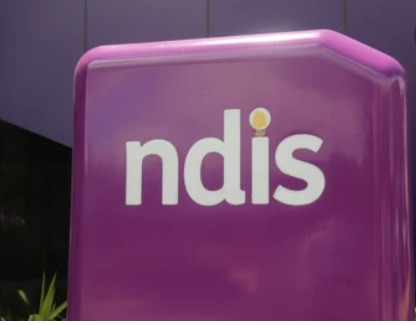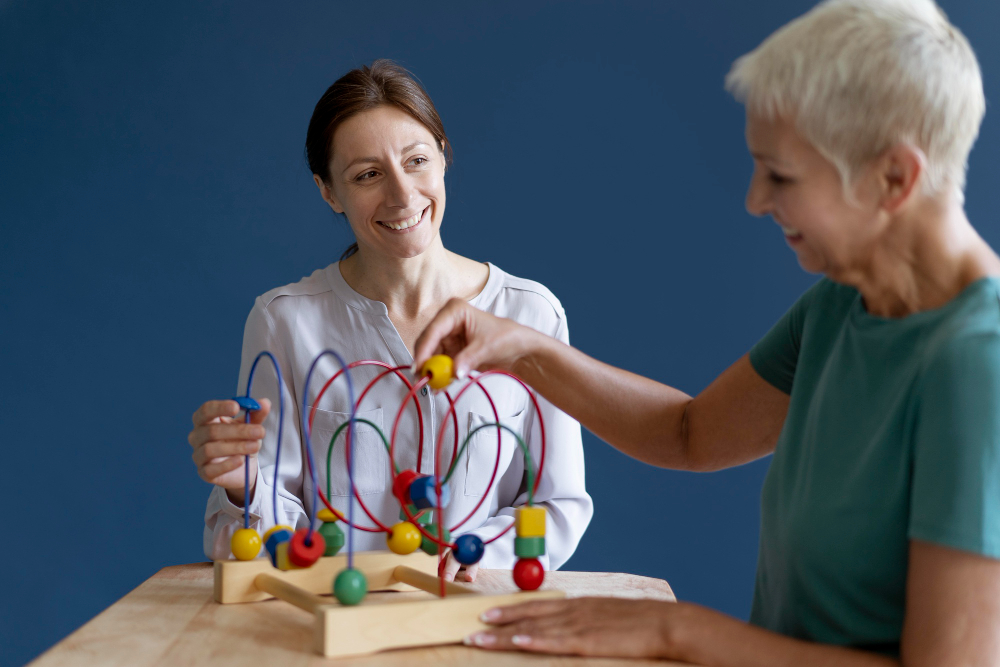According to general statistics, it is found that around 4.3 million citizens of Australia have a disability. The National Disability Insurance Scheme or NDIS provides funding of more than $22 billion to around 500,000 Australians having a significant and permanent disability.
Know more about NDIS
NDIS stands for National Disability Insurance Scheme. But, what do NDIS services provide? National: This scheme is introduced across all the states and territories progressively. The support and services NDIS provide assistance to disabled people in their everyday life and help them engage in community-based activities, and fulfil their life goals. Disability: People with physical, sensory, intellectual, cognitive, and psychosocial disabilities are eligible for NDIS. These disabilities can be permanent which means they will remain throughout his life. Or, it can be a significant difficulty which means it has impacted an individual ability to do his day-to-day activities. Insurance: It provides complete coverage to all Australians or their loved ones who are born with a permanent disability or have acquired one over time. Getting help at an early age helps a disabled individual face fewer impacts of disability, and assist in fast development growth. Scheme: NDIS supports the disabled community in developing new skills, helping them become independent over time, and improving their lifestyle.
What types of supports are funded by NDIS?
NDIS supports in the following cases:
- The daily activities of a disabled individual.
- Helps them in community participation, social, economic and to carry out their daily life activities.
- They improve the working environment of such individuals to help them get open or supported labour market.
- They offer various therapeutic supports, such as positive behaviour support.
- NDIS help disabled community with their household chores and improve their home environment.
- They help individuals in acquiring a new skill or development of acquired skills with an equipment assessment, proper training, and the right setup.
- NDIS help in the modification of home design and construction.
- They also help in mobility equipment and vehicle modifications.
What kinds of services are not provided by NDIS?
NDIS service providers don’t provide support in some cases, as recommended under the NDIS Act.
- NDIS cannot fund support that is not related to a person’s disability.
- They cannot fund support that is under the responsibility of another government system and community services.
- Support that is related to daily living costs but is not related to the individual support needs.
- They don’t fund support that causes individual harm or is risk-prone to others.
What are the types of support budgets funded by NDIS?
Three types of support budgets are funded by the NDIS service. These are:
1. Core supports budget
This includes four categories of support,
- Consumables.
- Daily activities.
- Transport.
- Assistance with Social and Community based participation.
One can also use core budget funds allocated to one support category for another, but only when the funds are not set aside for that particular support category, such as periodic payments for transport.
2. Capacity building budget
Under the capacity building budget, funds are allocated across its support subcategories. The subcategories include:
- Choice and control, such as training and plan management.
- Daily activities that may include therapy to develop an individual’s capacity for participating in various activities.
- Employment, such as assessment and counselling related to employment.
- Health and well-being can include therapy advice for reducing the impact of a disability.
- Home living, for example, providing support to remember appropriate accommodation.
- Lifelong learning may be providing support in moving after school towards higher education.
- Relationships, as providing positive behavioural support to reduce disruptive behaviours.
- Community and Social participation, including skill development of an individual, in support and training in using public transport, as well as social and recreational participation in the community.
Here, the individual cannot move funding from one support category to another. The support coordination that has been included in the capacity building budget, is a fixed amount. This can be used to strengthen a participant’s ability to coordinate and implement supports in their plans. Also, it helps them to participate more fully in the community.
3. Capital support budget
The capital support budget is related to support categories as assistive technology or home modifications, and the funding amount depends on different quotes provided from suppliers. This includes two support categories:
- Assistive technology – This category includes equipment items for mobility, personal care, recreational inclusions like wheelchairs, and communication.
- Home modification. Such as rail in the bathroom.
Are you eligible for NDIS?
To be eligible for NDIS, you need to answer the following questions,
- Are you aged between 7 and 65 years?
- Are you a citizen of Australia or have a permanent or special category Visa?
- Do you usually need support from another person due to a permanent and significant disability?
- Do you use any special equipment for a permanent and significant disability?
- Are you looking for some support now to reduce your future needs?
If all your answers are positive, you are eligible. For anyone’s negative answer you will not be eligible to apply for the National Disability Insurance Scheme but may look for other supports.





